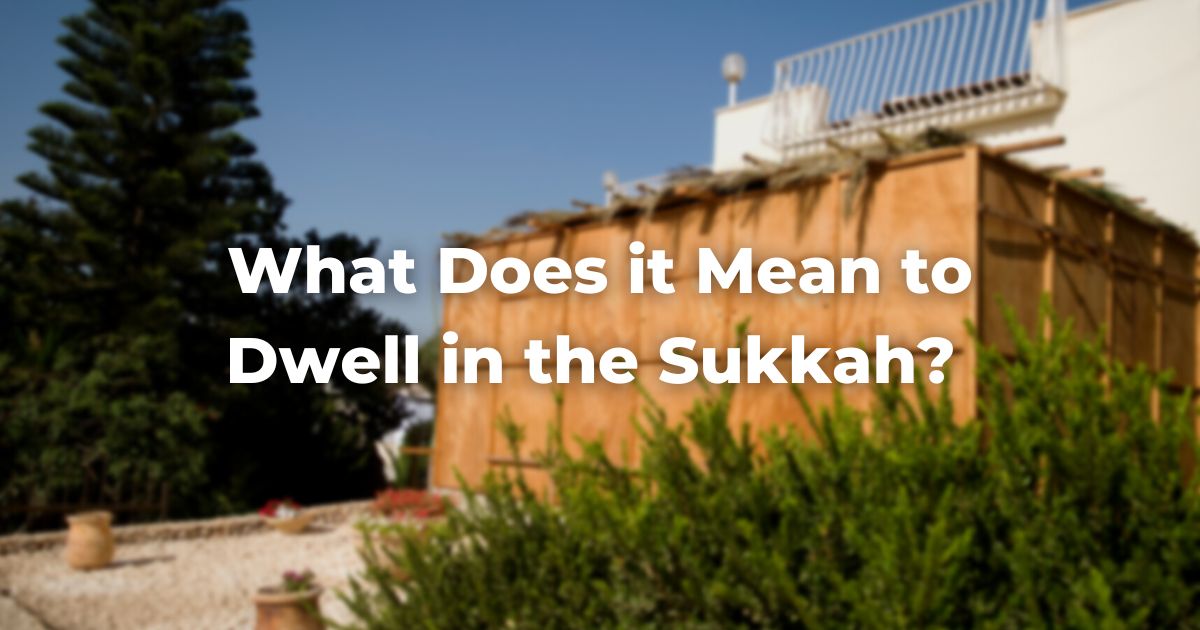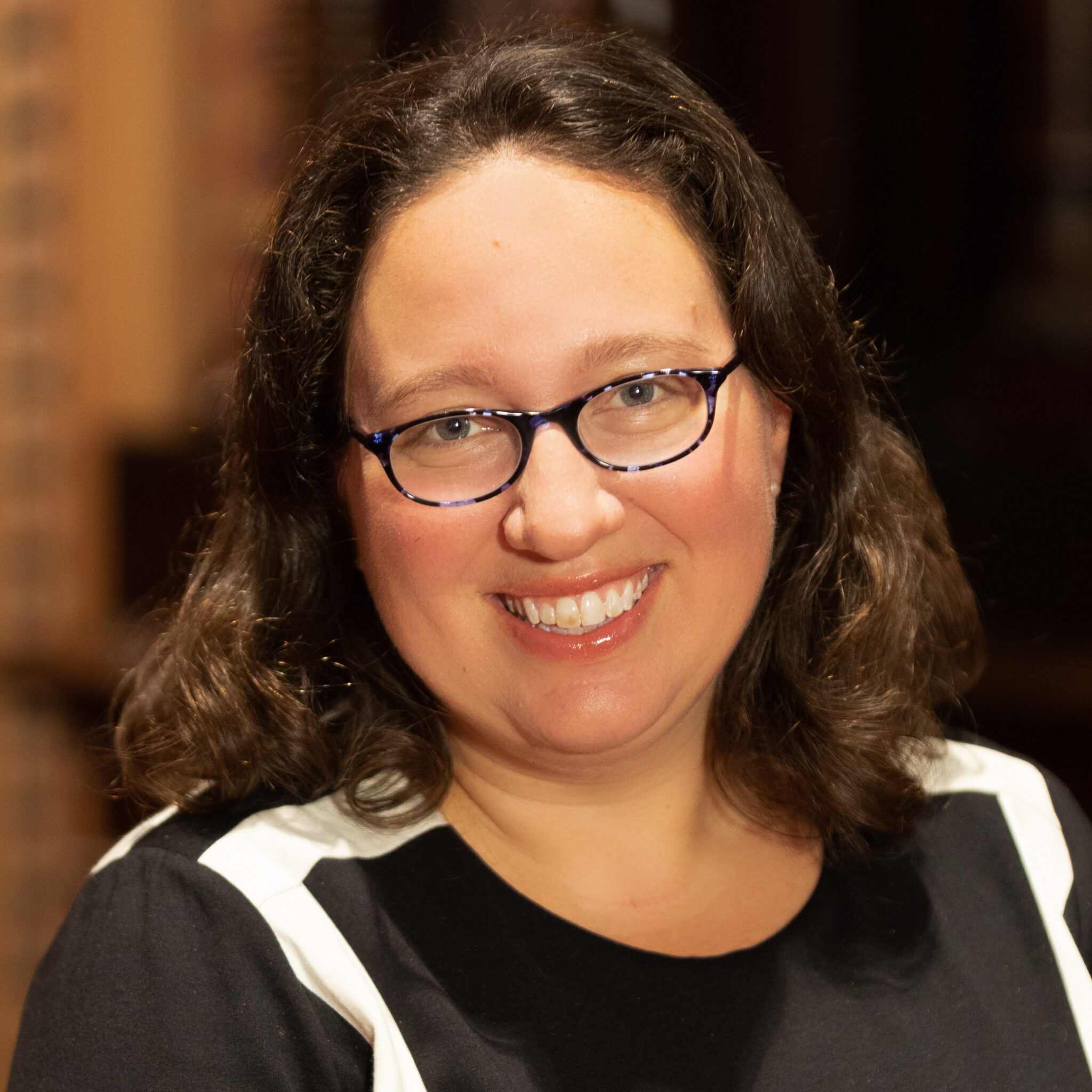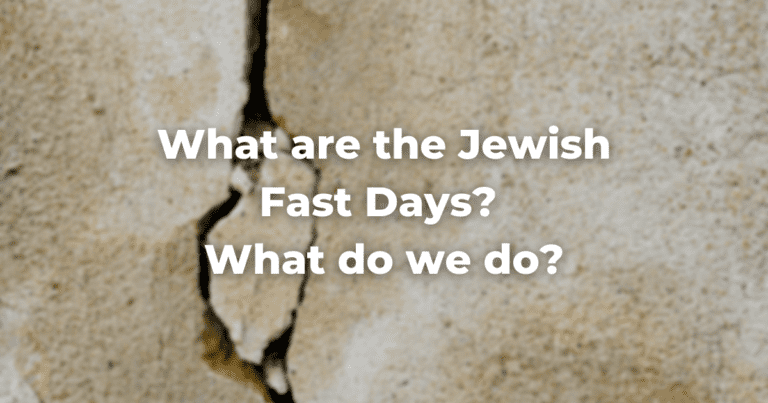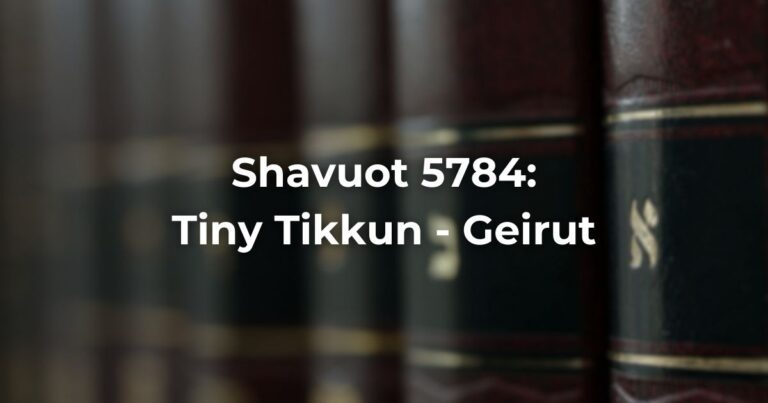The TorahRefers to the first five books of the Hebrew Bible, the Tanakh, also called the Five Books of Moses, Pentateuch or the Hebrew equivalent, Humash. This is also called the Written Torah. The term may also refer to teachings that expound on Jewish tradition. Read more teaches that, during the holiday of Sukkot, we are commanded to dwell in the Sukkah for the length of the holiday. At first glance, this seems like a pretty straightforward commandment.
During Sukkot, we are commanded to live in our Sukkah. But what does that really mean? And how might we embrace the essence of this commandment if we don’t have access to a Sukkah?
Live in the Sukkah…Literally!
The first, and most obvious answer, is that living in the sukkah means…living in the sukkah. In fact, the rabbis teach that you should make your home temporary and your sukkah permanent, which means bringing everything you would need to live your life into your sukkah.
That includes practical items, like your bed, food, table and chairs, changes of clothing, and things you might need for work, but it also includes the things that make your life joyful.
Bring your computer, iPad or TV for a Sukkah Netflix binge, or bring board games and have some friends over to play, or bring your favorite book and create a little sukkah reading-nook. Sukkot is the holiday of joy, so we bring as much as we can into the sukkah to make the experience of living in the Sukkah joyful.
Embrace Your Vulnerability
In the TalmudReferring to one of two collections, the Jerusalem and Babylonian Talmuds, edited in the 6th century, that contains hundreds of years of commentary, discussion, and exploration of the ideas in the Mishnah. One could describe it as Mishnah + Gemara = Talmud Read more, the rabbis debate the question of whether the Sukkah is a literal Sukkah, or is it something else?
One of their options is that the Sukkah is a metaphor for God’s clouds of glory, or God’s protection over us. Living outside for 8 days, exposed to the elements, the wildlife, and whatever comes our way helps us to embrace one of the primary themes of the holiday, our own vulnerability.
We can see and feel how much is outside of our own control and how vulnerable we truly are. We are exposed, but we are also embraced in God’s sheltering presence. And when we return to our solid walls and our warm beds, hopefully this reminder of how fragile our world is causes us to remember those who do not have homes, who live exposed and uncertain day in and day out.
The sukkah is a reminder that our job is to open our doors and our heart to those who need us. Living in the Sukkah is an embodiment of that reminder.
And if you don’t have a Sukkah?
If you are like me and live in an apartment, or you otherwise can’t build a sukkah in your own space, you can still have a fantastic Sukkot.
First, look around for a local synagogue that probably has a Sukkah and would welcome you with open arms for a meal or a program there. If you have children (or just really like to build forts) a large cardboard box makes a wonderful living room Sukkah.
Or, find ways to embrace the themes of the holiday. Who is vulnerable in your community and in need of shelter and how might you help?
As we find ways to make the holiday full of joy and meaning, may we be in partnership with God to build a Sukkat Shalom, a Sukkah of Peace, over the whole world.
Author
-

Rabbi Rebecca Rosenthal is the Director of Youth and Family Education at Central Synagogue in New York City. She oversees all programs for children and families, including early childhood, religious school, and teen programming. Before coming to Central, Rabbi Rosenthal worked at IKAR in Los Angeles, CA and Congregation B'nai Zion in El Paso, TX. She received a BA from Yale University and a rabbinic ordination and a Master's in Jewish Education from The Jewish Theological Seminary, where she was a Wexner Fellow. Rabbi Rosenthal lives in New York City with her husband and three children.
View all posts






